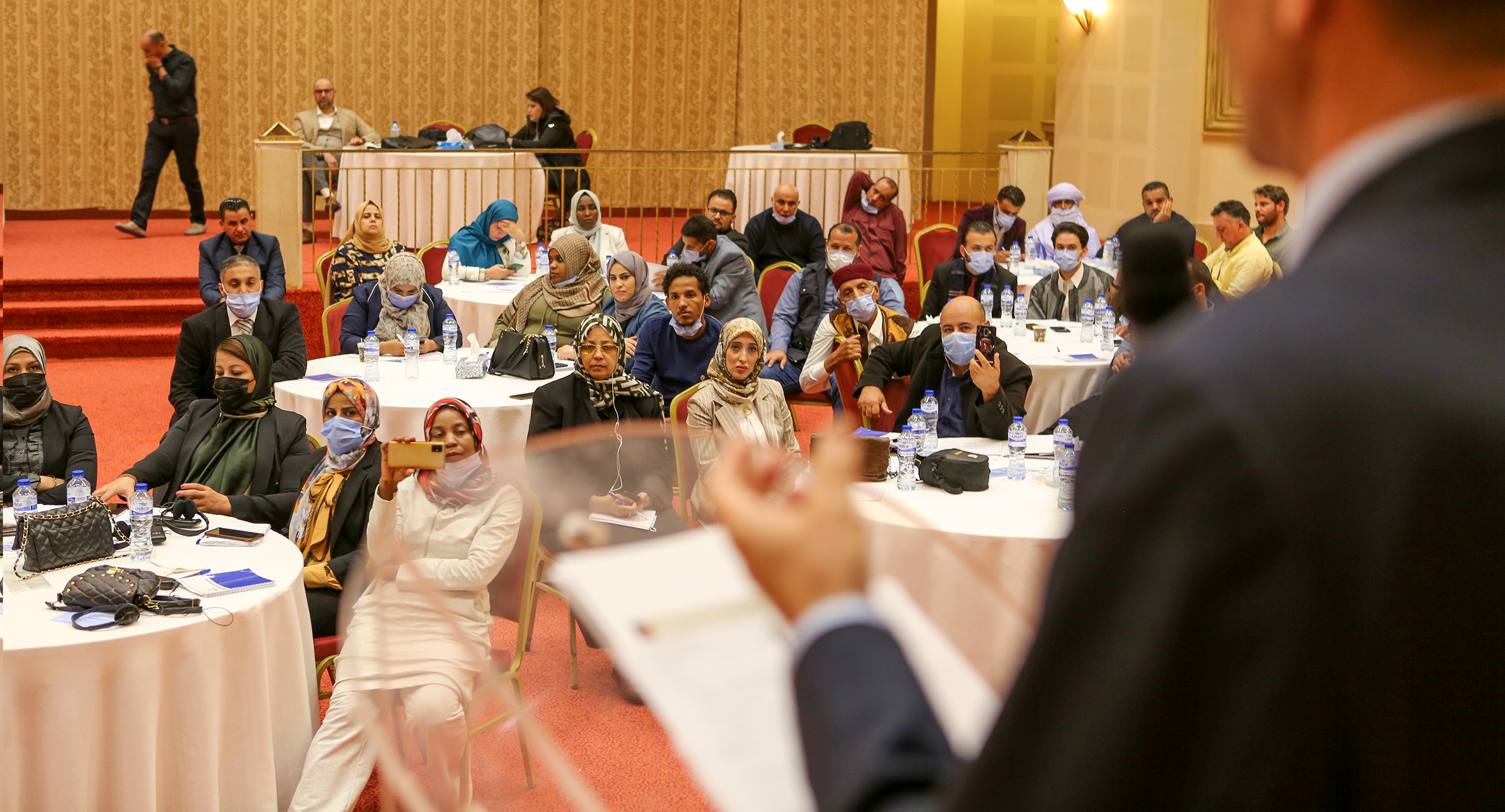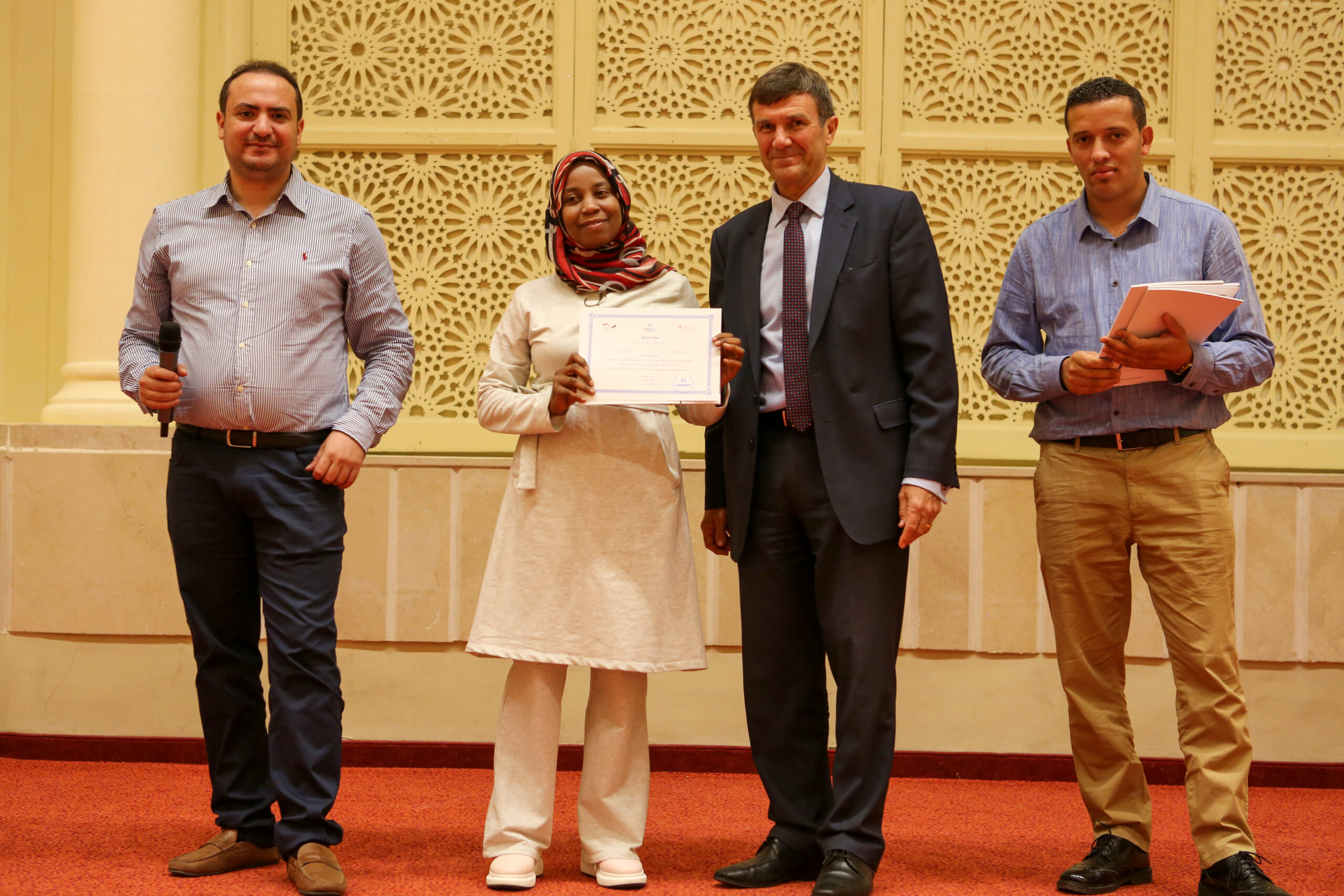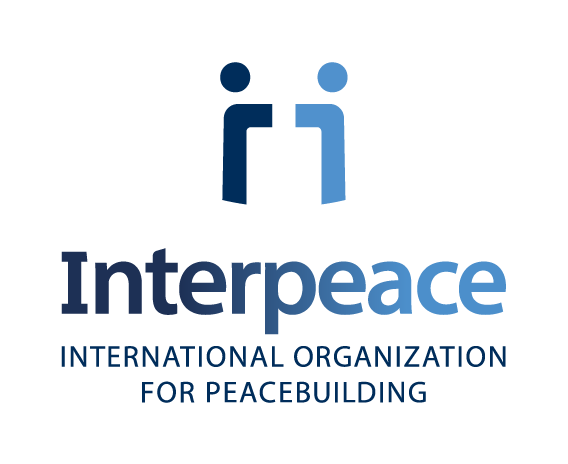Promoting mental health and well-being in southern Libya


Promoting mental health and well-being in southern Libya
Libyan national political and reconciliation processes have failed to end a decade of political unrest or respond to the needs of Libya’s people. Protracted conflict and more than a decade of unresolved grievances continue to harm mental well-being, while the country’s economic deterioration after 2011 increased psychosocial stress caused by violent behaviour in families and communities.
Despite a rise in violent behaviour and entrenched trauma, mental health is not prioritised by institutions or in society, because discussion of mental health remains a taboo subject. As a result, there is a reluctance to develop and implement much-needed mental health services.
In response, Interpeace, together with its local partner, Fezzan Libya Organisation (FLO), ran a series of consultations in 2022 with Libyans in the east, south and west of the country to understand individual and community mental health needs and how these link to reconciliation in Libya. These information-driven, cross-sectoral consultations explored community priorities for reconciliation. Asked what would strengthen the social fabric within and between communities, respondents listed mental well-being and psychosocial support among their top priorities.
Other priorities included the important role mental health and social cohesion play in economic development, and the need to address the “invisible wounds” of violent conflict as a precondition of sustainable, inclusive, and resilient social contracts.

Key recommendations included: establish clinics, hospitals and local centres to provide psychosocial support; increase training for psychosocial consultants and therapists; embed psychosocial support and training in the education sector; and create recreational and green areas that are safe spaces for families and communities. These recommendations were designed to address drivers of continued societal tension, including domestic violence, unemployment and socio-economic precarity.
Participants in the consultations also emphasised that the country needs to foster transformative leadership, especially among youth, and reform the security sector. Such actions, they believed, would underpin sustainable psychosocial support to the population.
The project will share these findings as a contribution to the reconciliation process that the government of Libya is currently planning for 2023.
To meet short-term reconciliation needs, the project mobilised the network of change agents that was established in earlier phases of Interpeace’s engagement in Libya. They organised and facilitated dialogue sessions in communities, to understand local grievances and priorities. Dialogue sessions were conducted primarily in the south of the country, in al Kufra, Brak al Shati, Ubari, and Ghat.

